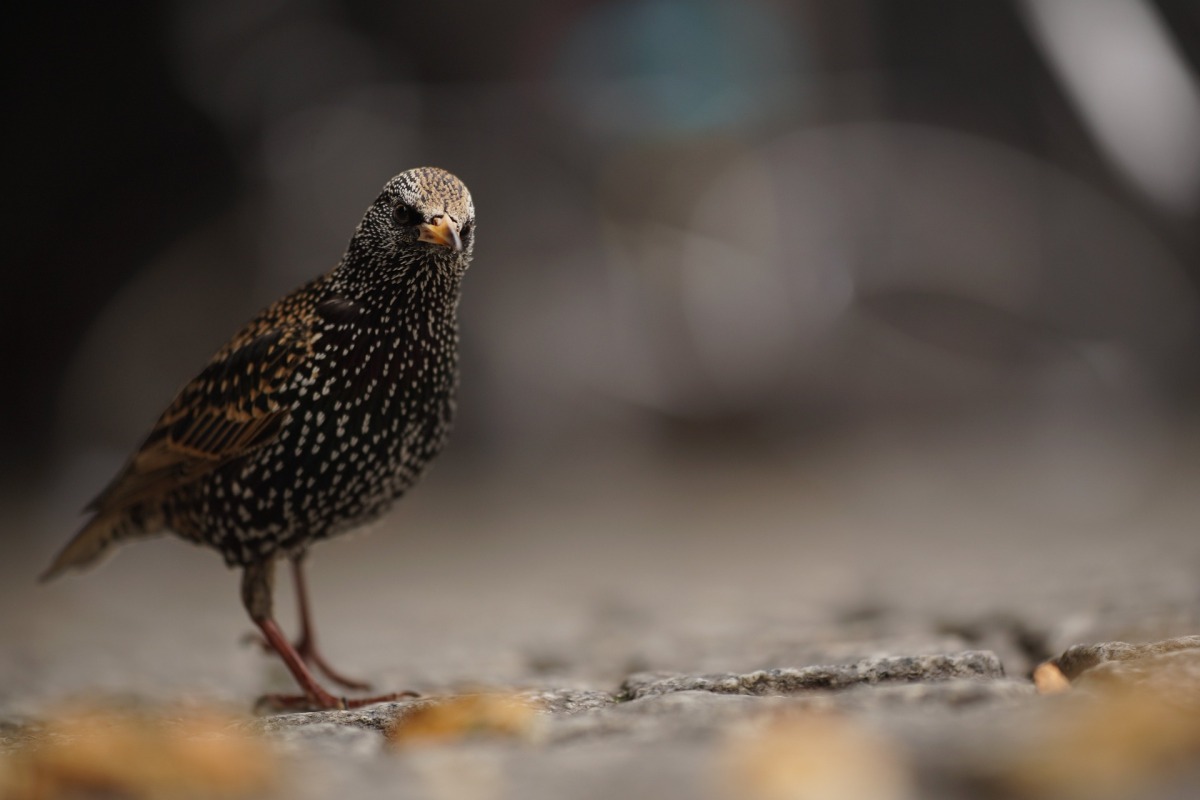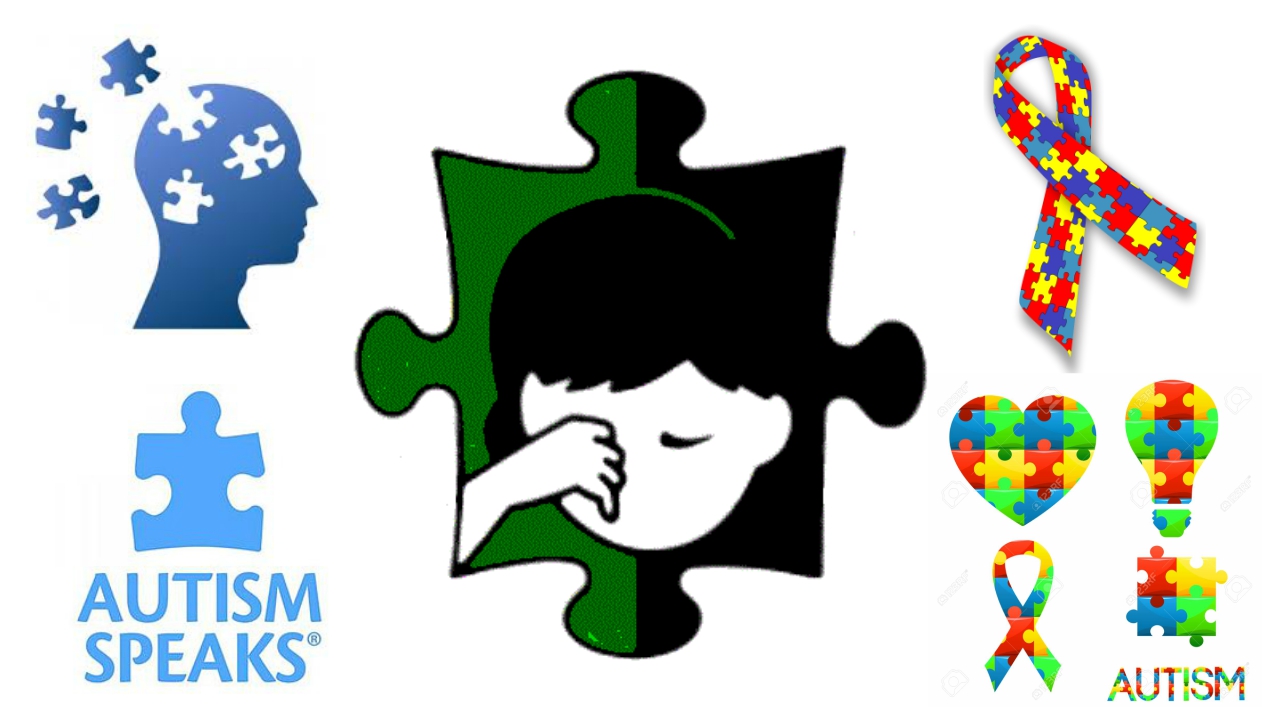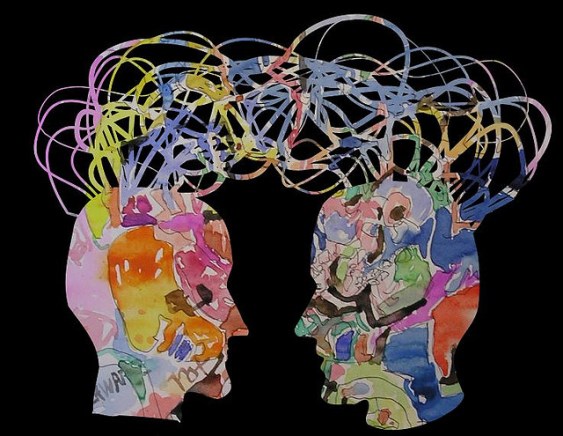I’m on a lovely solo mums group on Facebook and today a mum posted about her concerns about discovering her young daughter might be autistic. There were a few others who were on a similar journey and for some reason – I was probably avoiding doing something else! – I put together a post with all the things I thought they should know – and by the time I’d finished I thought, do you know what? I should blog that!
So here, thanks to the inspiration of those lovely ladies, is that list, for parents who want to do the right thing in supporting their awesome autistic kids and not get drawn down the path of trying to mould them towards neurotypical norms.
1. Autism is not a disease or a mental illness
Autism is not a disease or a mental illness, it’s a different way of being. It is however a disability because the way the world is set up is disabling to us. There is nothing wrong with being disabled. (As someone who initally baulked at the disability label I’d like to apologise to the disabled community at my ableist attitudes to the word disability and my seeking to distance myself from it, you learn better you do better and hopefully I’l continue to learn).
2. We prefer ‘autistic person’ over ‘person with autism’
When autistic people are surveyed, it’s usually 90% plus that prefer to be called autistic people rather than people with autism. Using the terminology ‘autistic people’ is called Identity First Language or IFL as opposed to Person First Language or PFL which is ‘people with autism’. Academics, educationalists and people who are just putting their oar in will often tell you you should use PFL, but they’re not autistic so it’s not really for them to say. If an autistic individual expresses a preference for PFL respect that, but if you’re using generalised terms, use IFL. Autism is not an add on, it’s the way our brains are wired. I am no more a person with autism than I am a person with femaleness.
3. The Puzzle Piece as a symbol of autistic people is offensive and ableist, please don’t use it or support organisations that defend its use
This is a big one. Please show your kid that they are not missing a piece, they don’t have to be made to fit, they are not a puzzle. Those are totally the wrong messages so just don’t start with it. I know this sounds harsh but it really doesn’t matter how you individually interpret it or how you can twist the narrative to make it seem okay because you/your kid happen to like puzzle pieces. Let them like puzzles for what they are, and not make them a symbol to represent autism, with all the internalised ableism that goes along with that. Autistic people didn’t choose that symbol it was chosen by non-autistic people for what we meant to them, and that’s really not okay. So please, recognise the ableism inherent in it, don’t use it and call out people that do. Here’s a great article about the history of it, who can tell you about it far better than I can:
https://intheloopaboutneurodiversity.wordpress.com/…
4. Applied Behaviour Analysis (ABA) is damaging to autists, even the ‘modern’ kind
Applied Behaviour Analysis (or ABA for short) is abusive, yes even the so called ‘good’ ABA that involves reward and not punishment. Tragically, it is the number one recommended therapy across the US and used widely in the UK and it’s big business so the chances are it will be marketed to you at some point. It is based on gay conversion therapy, and it’s founder Ivar Lovaas, the ’father of ABA’ said this
“You see you start pretty much from scratch when you work with an autistic child. You have a person in the physical sense – they have hair, a nose and a mouth – but they are not people in the psychological sense. One way to look at the job of helping autistic kids is to see it as a matter of constructing a person. You have the raw materials, but you have to build a person. (Lovaas cited by Chance, 1974, p76)”
Yeah you read that right. According to him, we’re not human, we not actually people. That is not someone whose advice you should be taking about your child. Please just don’t even go there. Listen to the autistic adults that have been through it – it traumatises people and causes long lasting damage to the mental health of the autists involved. It teaches ignoring your instincts and compliance above all else and that love can be traded as a reward. That’s not healthy for anyone and can be utterly devastating in so many ways including the impact it has on future relationships. So many people have made the case so much better than I can, and some wonderful people have put together a website with many many articles going into this further.
https://stopabasupportautistics.home.blog/…/the-great…/
5. Listen to autistic people more than you listen to the parents of autistic people or so called experts who aren’t autistic
You wouldn’t take swimming instruction from someone who’d sat on the sidelines and watched people in a pool over someone who swam in it every day. Same thing. If I could tell you only one thing about autism it would be that what it looks like is going on to you from the outside is very very rarely what’s actually going on on the inside, so I can’t stress to you how important it is that you listen to autistic people who’ve actually experienced it – and listen to your kid when they try to explain what’s going on, don’t assume they’re just being naughty/overreacting. We literally experience the world differently to you so what we’re dealing with is totally different and often things you are not even aware exist.
There are many fine bloggers, FB pages, groups that you can follow – check out The Royal Circle of Autism facebook page where I share most of them regularly. Remember that the autists you are reading may be both verbal and non-verbal so please don’t fall for the ‘my kid isn’t like you because you can express yourself’ narrative that some self-proclaimed “autism mums” throw about, because it’s absolute nonsense. Many of the finest writers had no externally obvious use of language into their teens. They can help you no end to understand a kid who isn’t using language in the conventional sense.
And while I’m here, please don’t call yourself an “autism parent” – because a/ it’s your kids identity not yours (autistic parent is obviously fine if you are yourself) and b/you really don’t want to be associating with some of the martyr narratives that go along with that term and the damage those people do to their kids – stay in the safe lane!
A quick world of warning though, you may have noticed, that we are very direct and unfiltered and if you’re not used to it you might think it’s rude. It’s not it’s how we communicate – and many autists find the neurotypical way of dancing round subjects and padding out with small talk rude as it deviates from the point) Neurotypical culture and autistic culture are very different in that respect. Some of us as autists will try to change our method of communication to fit in with neurotypical culture, but that is exhausting and we shouldn’t have to. If you are in our spaces online or in real-life, please respect that aspect of our culture
6. Be very very very wary of ‘early intervention’
Early intervention can do a lot more harm than good primarily because it often involves inflicting thinly veiled ABA practices on very young children who may never recover from that. Your goal should be to support your kid to grow up autistically and be the best autist they can be. I’ve sat through the National Autistic Society’s Early Bird programme for parents of autistic kids under 5 and it’s offensive, ableist and deeply patronising to the autistic community. I watched videos that no one in 20 years had notices what the autistic kids were actually doing because everyone had focussed on what they weren’t doing. As a result, their endeavours were ignored and not supported and instead of building on their development, the suggested interventions knocked them down, dashed their confidence and left them feeling why should they bother. Just be very very very careful. Here’s another great resource from In the loop about neurodiversity about the red flags to look out for in early intervention. https://intheloopaboutneurodiversity.wordpress.com/…
So there you have it, the six things I thought I would want people to know if they were just starting out on the journey of discovering their kid was autistic. I hope it’s helpful, please feel free to share, comment, ask questions.
And thanks to the solo mums for the inspiration to get this post written!





 Picture by
Picture by 
